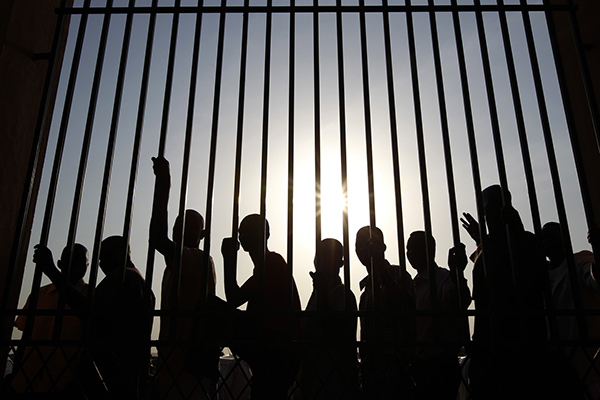Human trafficking is a crime that is rampant worldwide. It is a form of modern-day slavery where individuals are exploited, forced into labor, and subjected to sexual exploitation. According to the International Labour Organization (ILO), there are approximately 21 million victims of human trafficking globally, generating an estimated profit of $150 billion annually.
The United States is not immune to this heinous crime, with an estimated 50,000 individuals trafficked into the country each year. To combat this issue, the U.S. government has implemented various laws and policies to protect victims and prosecute traffickers. One of the most crucial aspects of this effort is immigration law.
How Immigration Law Plays a Role in Human Trafficking Cases

Immigration law is a vital tool in identifying and combating human trafficking. Victims of trafficking are often brought into the country illegally or are on an expired visa. Immigration law enforcement officials are trained to recognize the signs of trafficking and can use their authority to investigate potential cases.
Additionally, immigration law allows for certain visas that can protect and assist victims of human trafficking. The T Nonimmigrant Visa, also known as the T Visa, is a temporary visa that allows trafficking victims to remain in the United States and assist law enforcement in prosecuting their traffickers. This visa also provides access to social services, including healthcare and education.
The U Nonimmigrant Visa, or the U Visa, is another temporary visa that provides protection to victims of certain crimes, including human trafficking. This visa allows victims to remain in the country legally and assist law enforcement in prosecuting the traffickers. It also provides access to social services and allows victims to apply for permanent residency after a certain period.
The Importance of Collaboration Between Law Enforcement and Immigration Officials
Immigration officials and law enforcement agencies must work together to combat human trafficking effectively. Victims may not come forward due to fear of deportation, and traffickers often use threats of deportation to control and manipulate their victims. Immigration officials must make it clear that victims of trafficking will not be deported and that they have access to legal resources and support.
Additionally, law enforcement officials must understand the complexities of immigration law and the potential impact on trafficking cases. Victims who are not U.S. citizens may have different legal needs than those who are citizens. Understanding these differences can help law enforcement officials better assist victims and successfully prosecute traffickers.
Human trafficking is a heinous crime that requires a multi-faceted approach to combat effectively. Immigration law is an essential component of this approach, providing the tools necessary to identify victims and prosecute traffickers. The T and U visas are critical in protecting and assisting victims, allowing them to remain in the country and access the resources they need to recover and rebuild their lives. Collaboration between law enforcement and immigration officials is crucial to ensuring the successful prosecution of traffickers and the protection of victims.

